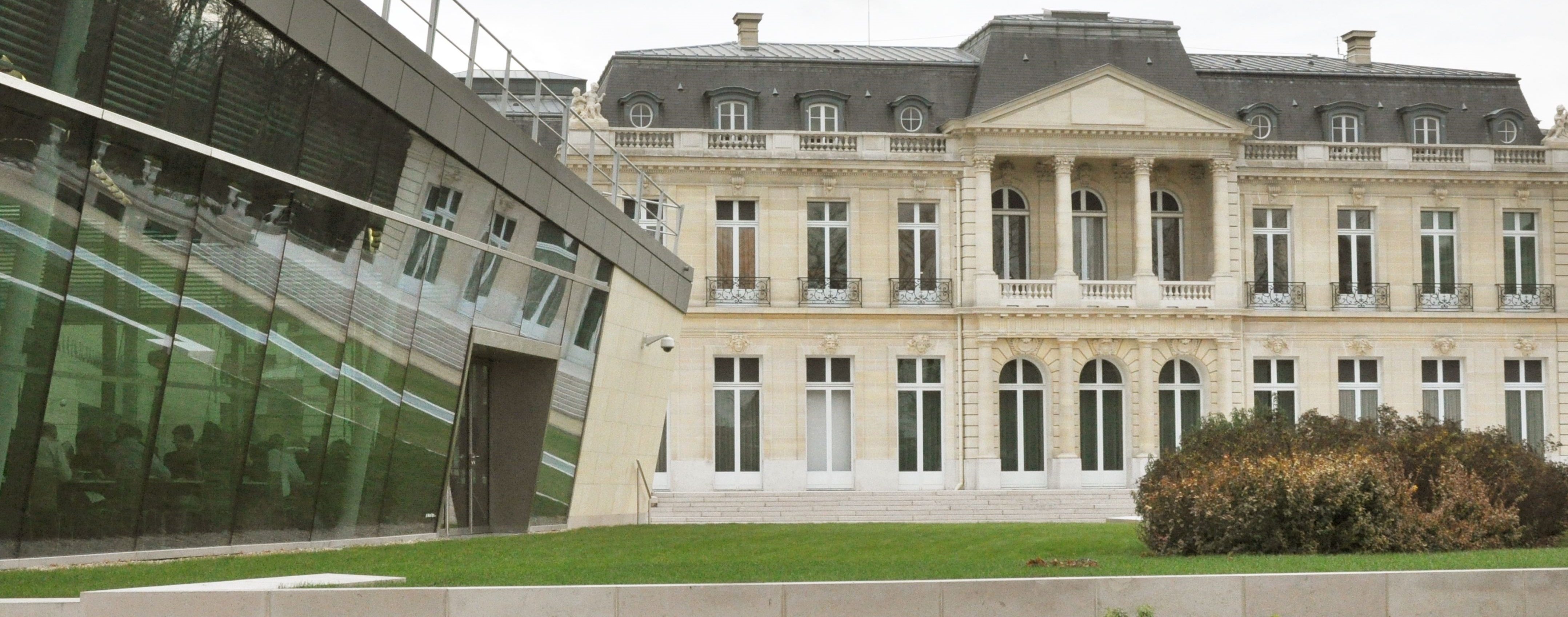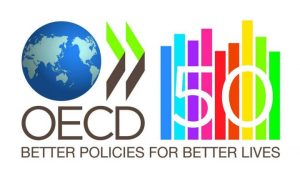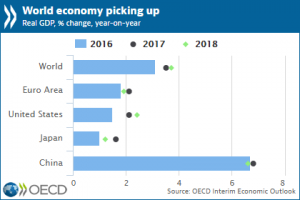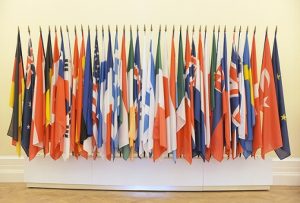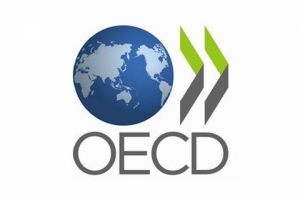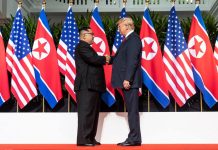The Organisation for Economic Co-operation and Development (OECD) celebrated its 50th anniversary, but its roots go back to the rubble of Europe after World War II. Determined to avoid the mistakes of their predecessors in the wake of World War I, European leaders realised that the best way to ensure lasting peace was to encourage co-operation and reconstruction, rather than punish the defeated.
OEEC was established in 1948 to run the US-financed Marshall Plan for reconstruction of a continent ravaged by war. By making individual governments recognise the interdependence of their economies, it paved the way for a new era of cooperation that was to change the face of Europe. Encouraged by its success and the prospect of carrying its work forward on a global stage, Canada and the US joined OEEC members in signing the new OECD Convention on 14 December 1960. The Organisation for Economic Co-operation and Development (OECD) was officially born on 30 September 1961, when the Convention entered into force.
Other countries joined in, starting with Japan in 1964. Today, 35 OECD member countries worldwide regularly turn to one another to identify problems, discuss and analyse them, and promote policies to solve them. The track record is striking. The US has seen its national wealth almost triple in the five decades since the OECD was created, calculated in terms of gross domestic product per head of population. Other OECD countries have seen similar, and in some cases even more spectacular, progress.
So, too, have countries that a few decades ago were still only minor players on the world stage. Brazil, India and the People’s Republic of China have emerged as new economic giants. The three of them, with Indonesia and South Africa, are Key Partners of the Organisation and contribute to its work in a sustained and comprehensive manner. Together with them, the OECD brings around its table 39 countries that account for 80% of world trade and investment, giving it a pivotal role in addressing the challenges facing the world economy.
Quick facts
History: established in 1961
Headquarters: Paris, France
Membership: 35 countries
Budget: EUR 374 million
Secretary-General: Angel Gurría
Secretariat staff: 2 500
Publications: 250 new titles/year
Mission
The mission of the Organisation for Economic Co-operation and Development (OECD) is to promote policies that will improve the economic and social well-being of people around the world.
The OECD provides a forum in which governments can work together to share experiences and seek solutions to common problems. We work with governments to understand what drives economic, social and environmental change. We measure productivity and global flows of trade and investment. We analyse and compare data to predict future trends. We set international standards on a wide range of things, from agriculture and tax to the safety of chemicals.
We also look at issues that directly affect everyone’s daily life, like how much people pay in taxes and social security, and how much leisure time they can take. We compare how different countries’ school systems are readying their young people for modern life, and how different countries’ pension systems will look after their citizens in old age.
Drawing on facts and real-life experience, we recommend policies designed to improve the quality of people’s lives. We work with business, through the Business and Industry Advisory Committee to the OECD (BIAC), and with labour, through the Trade Union Advisory Committee (TUAC). We have active contacts as well with other civil society organisations. The common thread of our work is a shared commitment to market economies backed by democratic institutions and focused on the wellbeing of all citizens. Along the way, we also set out to make life harder for the terrorists, tax dodgers, crooked businessmen and others whose actions undermine a fair and open society.
Members and Partners
The OECD’s origins date back to 1960, when 18 European countries plus the United States and Canada joined forces to create an organisation dedicated to economic development.
Today, our 35 Member countries span the globe, from North and South America to Europe and Asia-Pacific. They include many of the world’s most advanced countries but also emerging countries like Mexico, Chile and Turkey.
We also work closely with emerging economies like the People’s Republic of China, India and Brazil and developing economies in Africa, Asia, Latin America and the Caribbean. Together, our goal continues to be to build a stronger, cleaner and fairer world.
From 1 January 2018, up until the opening of the new OECD platform, it will be possible to order OECD publications here<<
Committees and Secretariat
Representatives of the 35 OECD member countries meet in specialized committees to advance ideas and review progress in specific policy areas, such as economics, trade, science, employment, education or financial markets.
There are about 250 committees, working groups and expert groups. Some 40 000 senior officials from national administrations go to OECD committee meetings each year to request, review and contribute to work undertaken by the OECD Secretariat. Once they return home, they have online access to documents and can exchange information through a special network.
Angel Gurría heads the OECD Secretariat and is assisted by one or more Deputy Secretaries-General. Mr Gurría also chairs the Council, providing the link between national delegations and the Secretariat.
The Secretariat in Paris is made up of some 2 500 staff who support the activities of committees, and carry out the work in response to priorities decided by the OECD Council. The staff includes economists, lawyers, scientists and other professionals. Most staff members are based in Paris but some work at OECD centres in other countries.
Headquarters
Tel.: +33 1 45 24 82 00
Fax: +33 1 45 24 85 00
OECD
2, rue André Pascal
75775 Paris Cedex 16
France
______________________________________
Research to Action: Time Network (Canada)
© 2018 Organisation for Economic Co-operation and Development







